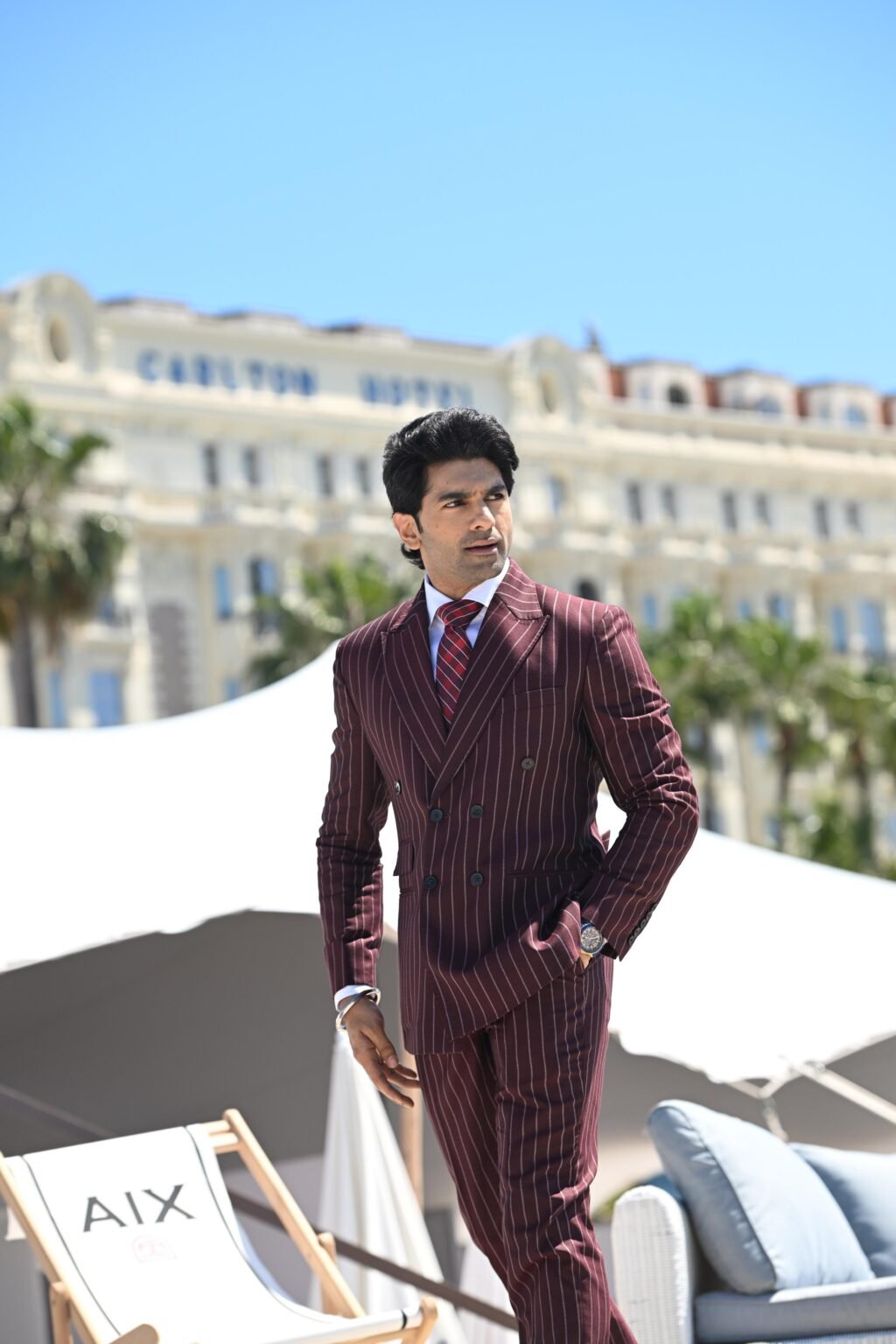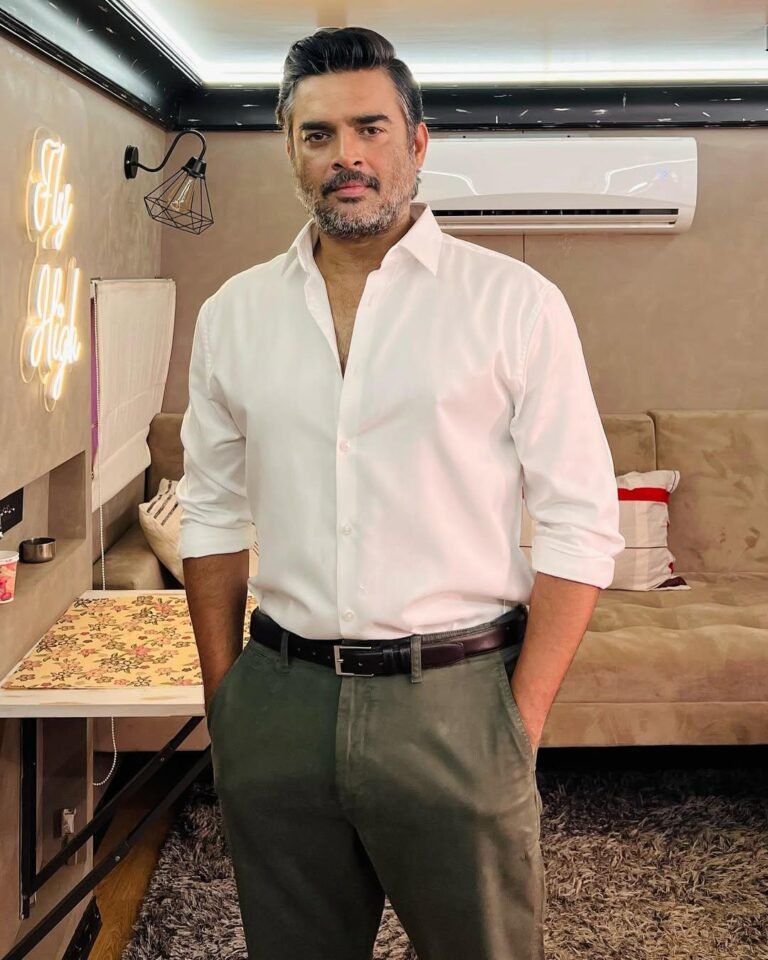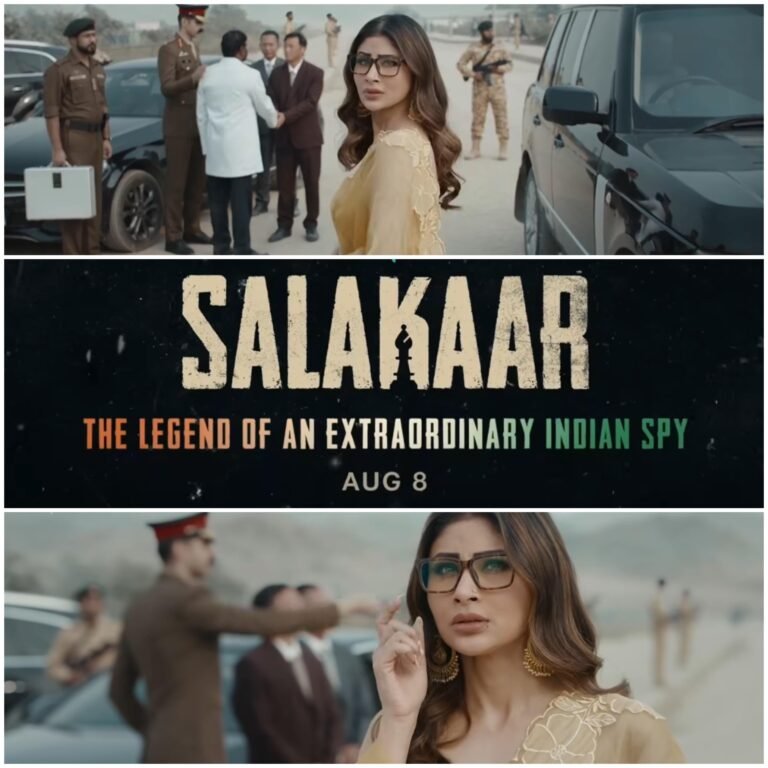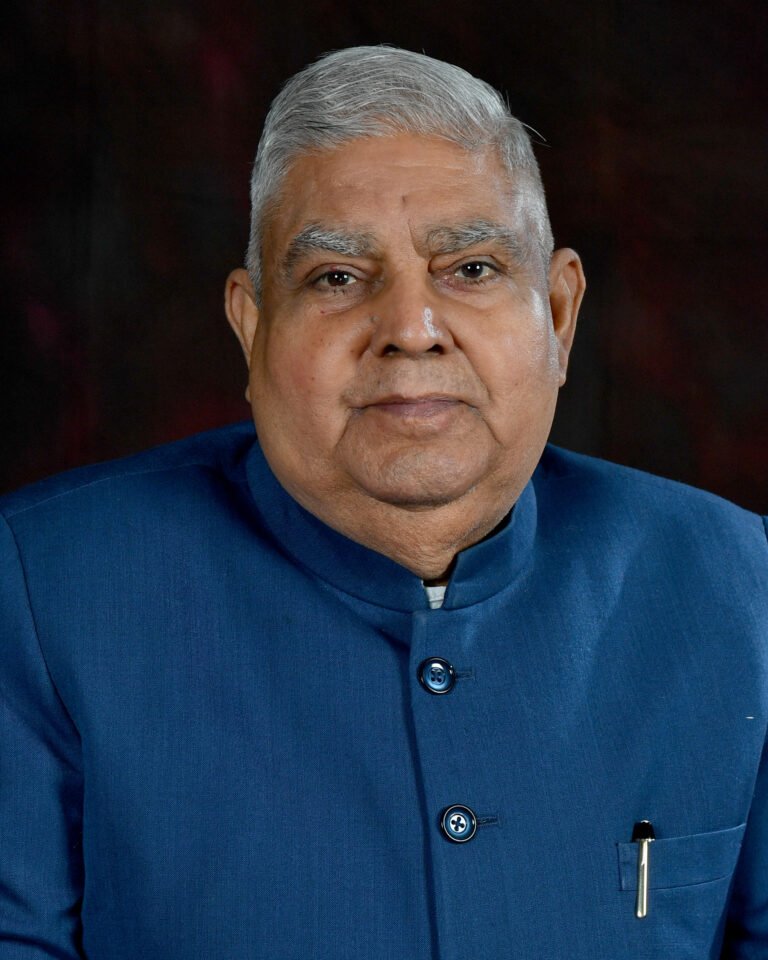
Ajay Verma/Paridhi Dhasmana
Stepping onto the red carpet outside the Carlton Hotel in Cannes, Taha Shah Badussha cut a striking figure in a maroon pinstripe suit by designer Dhruv Sehgal. Amid a swirl of flashing cameras and eager onlookers, the actor’s composed, purposeful stride seemed to echo the gravity of the film he had come to present. With each confident step, Badussha embodied the very tension at the heart of Paro: The Untold Story of Bride Slavery—a story both harrowing and urgently necessary.
Paro plunges viewers into the hidden world of bride trafficking across remote villages in South Asia, where young women are sold into marriages that are, in reality, forms of modern slavery. Director Gajendra Ahire’s courageous lens captures the muted despair of these women: the whispered goodbyes, the forced crossings, and the quiet resilience that flickers beneath oppressive circumstances. As the credits rolled for an audience of filmmakers, press, and human-rights advocates in the prestigious Marché du Film screening room, the hushed silence that followed spoke volumes.
Moments later, Badussha took the stage to a standing ovation. Drawing upon his own reflections shared on Instagram, he said, “I am humbled to stand with a story that truly matters… to bring to light the lives of women who have been silenced for far too long.” He paused, scanning the audience, before adding, “Every piece of love, support, and faith that carried us here means the world to me.” His words resonated not just as gratitude but as a call to action—an invitation for viewers to carry Paro’s message beyond the festival walls.
Reactions poured in instantly. French film critic Camille Durand noted, “This is cinema at its most potent: moving hearts and demanding change.” Human-rights lawyer Amina Sheikh, present for the screening, commented, “Paro shatters the complacency of global audiences. It transforms statistics into lived experiences, compelling us to confront—and combat—bride trafficking.” Among festivalgoers, many were left grappling with the stark contrast between Cannes’s glamour and the brutal reality on screen.
Beyond immediate reactions, Paro’s impact is already rippling outward. Several NGOs announced plans to incorporate the film into awareness campaigns across Europe and South Asia. Policymakers attending the festival have expressed interest in hosting curated screenings for legislators, aiming to translate cinematic empathy into legislative momentum. Meanwhile, social-media threads tagged #JusticeForParo are trending, with viewers sharing testimonies, resource links, and calls for solidarity.
In a final flourish on the red carpet, Badussha summed up his hopes for Paro: “This film isn’t just a spotlight—it’s a spark. I believe art can be the first step toward justice, and I’m proud that Paro is starting conversations that must continue.” As the lights dimmed and Cannes turned its gaze to the next premiere, it was clear that Paro: The Untold Story of Bride Slavery—and Taha Shah Badussha’s impassioned advocacy—had left an indelible mark on the world’s most celebrated film festival.







